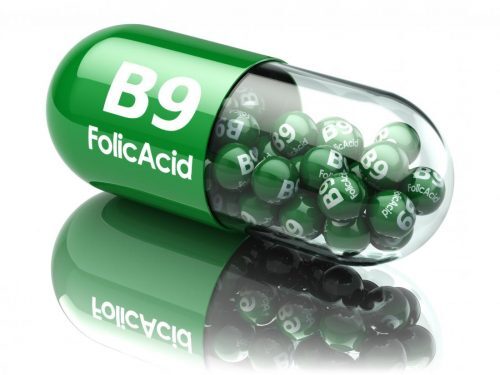How To Turn Your The Hcg Institute From Blah Into Fantastic
Body
Human chorionic gonadotropin (hCG) is a hormone that is The Hcg Institute produced by the placenta during pregnancy. It is often used as a medication to trigger ovulation in women who are undergoing fertility treatments. In some cases, hCG injections are also used to treat certain types of cancer.
HCG works by stimulating the release of an egg from the ovary. It is typically given as an injection under the skin, although it can also be given as an intravenous (IV) infusion. The medication is usually given in a cycle of injections, starting on a specific day of the menstrual cycle.
There is some evidence to suggest that hCG injections can help to increase the success rate of in vitro fertilization (IVF). However, the injections are not without risks and side effects. Some of the potential side effects of hCG injections include:
-Headaches
-Nausea
-Abdominal pain
-Fatigue
-Breast tenderness
In rare cases, hCG injections can also cause more serious side effects, such as blood clots, ovarian hyperstimulation syndrome (OHSS), and multiple births.
If you are considering hCG injections as part of your fertility treatment, it is important to discuss the potential risks and benefits with your doctor.
What are HCG Injections?
Human chorionic gonadotropin (HCG) is a hormone that supports the normal development of an egg in a woman’s ovary, and stimulates the release of the egg during ovulation.
HCG is used to cause ovulation and to treat infertility in women. It is also used in combination with other fertility drugs to increase the chance of becoming pregnant.
HCG is given as an injection under the skin or into a muscle.
Common side effects of HCG include headache, fatigue, irritability, restlessness, and depression.
How do HCG Injections work?
Human chorionic gonadotropin (HCG) is a hormone that supports the normal development of an egg in a woman’s ovary, and stimulates the release of the egg during ovulation.
HCG is used to cause ovulation and to treat infertility in women. It is also used in certain young boys when their testicles have not dropped down (descended) into the scrotum normally. This can be caused by a pituitary gland disorder.
HCG is available in several forms:
-injectable solution
-injectable suspension
-injectable pellet
-oral tablet
HCG is also available in a form that can be given under the skin.
How does HCG work?
HCG works by causing the release of an egg from the ovary. It also works by stimulating the production of testosterone in men.
What are the uses for HCG?
HCG is used to treat female infertility and hormone imbalances in men. It is also used in the treatment of certain types of cancer.
What are the side effects of HCG?
Side effects of HCG may include:
-weight gain
-fluid retention
-headache
-tiredness
-nausea
-vomiting
-diarrhea
-constipation
-stomach pain
-changes in mood
-acne
-hair loss
Some side effects can be serious. If you experience any of the following symptoms, call your doctor immediately:
-pain, swelling, or redness at the injection site
-shortness of breath
-chest pain
-fast or irregular heartbeat
-swelling of the hands, feet, ankles, or lower legs
-dark urine
-yellowing of the skin or eyes
This is not a complete list of side effects. You may experience others.
What is the most important information I should know about HCG?
Do not use HCG if you are pregnant. It could cause birth defects.
Before using HCG, tell your doctor if you have.












Comments